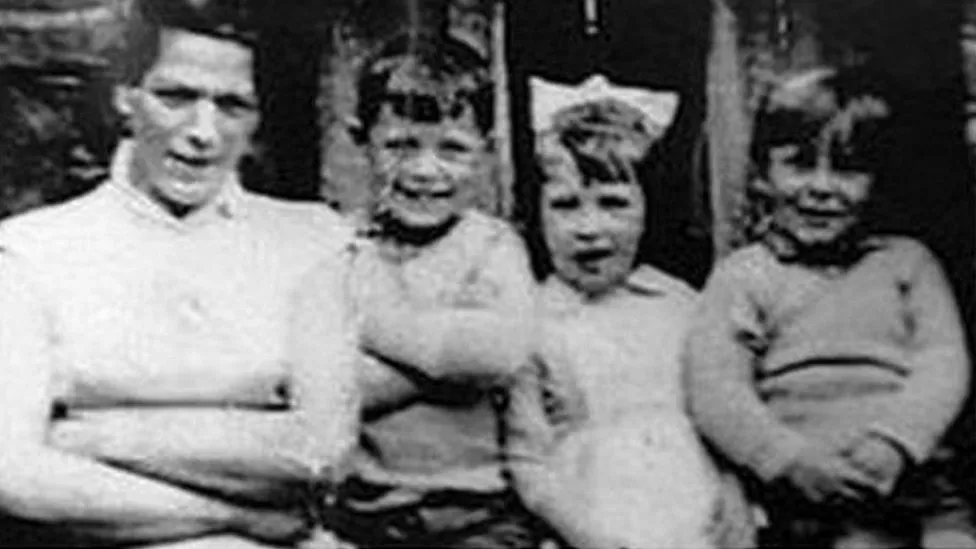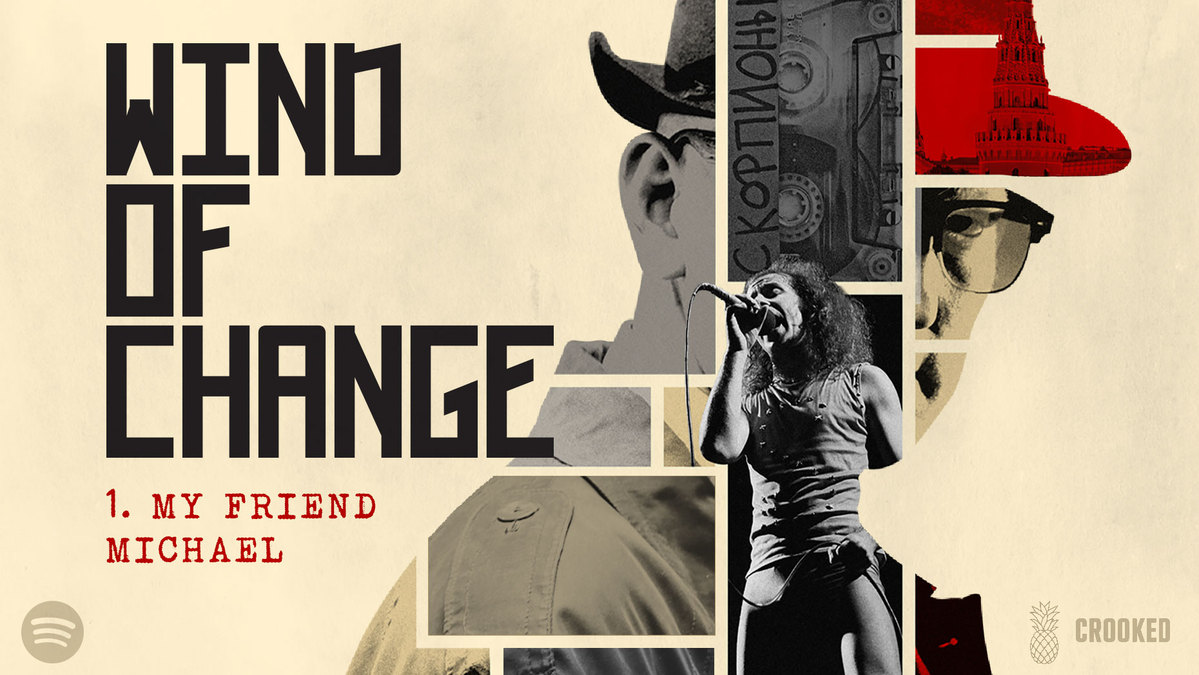Wednesday, March 13 2024 @ 7 pm in Glasby Room




PATRICK RADDEN KEEFE is a staff writer at The New Yorker and the author, most recently, of the New York Times bestseller Say Nothing: A True Story of Murder and Memory in Northern Ireland, which received the National Book Critics Circle Award for Nonfiction, was selected as one of the ten best books of 2019 by The New York Times Book Review, The Washington Post, Chicago Tribune and The Wall Street Journal, and was named one of the top ten nonfiction books of the decade by Entertainment Weekly. His previous books are The Snakehead and Chatter. His work has been recognized with a Guggenheim Fellowship, the National Magazine Award for Feature Writing and the Orwell Prize for Political Writing. He is also the creator and host of the eight-part podcast Wind of Change. Source
A saying at the time of the Troubles went, “If you’re not confused, you don’t know what’s going on." The times were certainly confusing: for those on the outside of the conflict, let alone those on the inside. Does Patrick Radden Keefe clear up the confusion for his readers? In what way has reading Say Nothing increased your understanding of Northern Ireland's decades-long struggle?
Keefe has zeroed in on the murder of Jean McConville. Given the level of brutality and carnage that took place for so long, why might the author have used that particular episode as the opening of his book?
In what way would you describe Say Nothing as a murder mystery?
Which individuals do you feel more sympathy for than others? What about those individuals whose actions disturbed you? Despite all the carnage, are you able to find any humanity in those who committed acts of violence? Does it matter that they acted in service to a cause, one they believed in passionately?
What is the significance of the book's title, "Say Nothing"? What are the ways that phrase resonates throughout the book?
Had you heard about the Troubles before this book? If so, what did you know?
If not, did you find yourself researching to find out more?
Would you read another book by this author? Why or why not?
If you got the chance to ask the author of this book one question, what would it be?
What do you think about the author’s research? Was it easy to see where the author got his or her information? Were the sources credible?

An 8-part podcast, which investigates the strange convergence of espionage and heavy metal music during the Cold War.